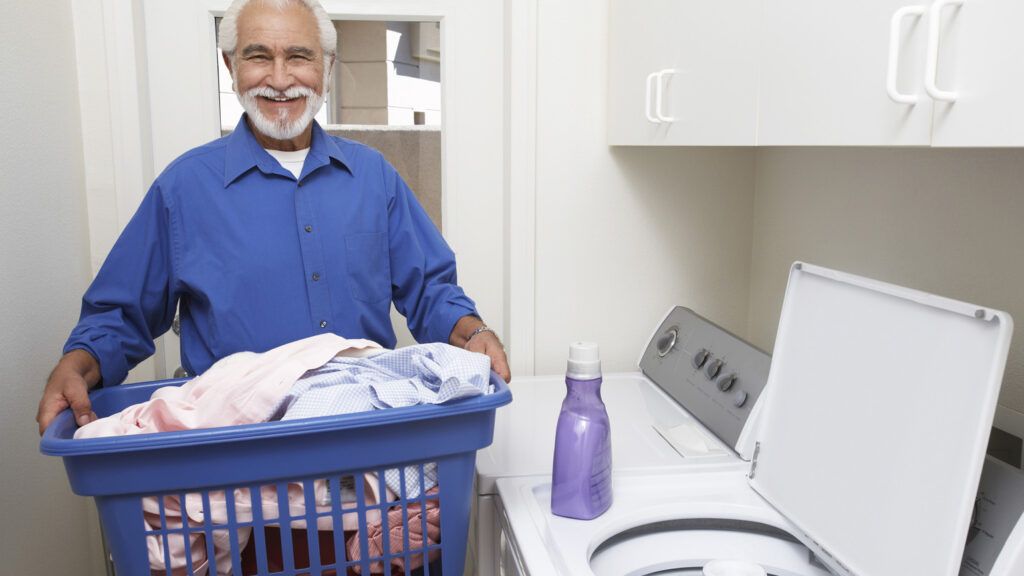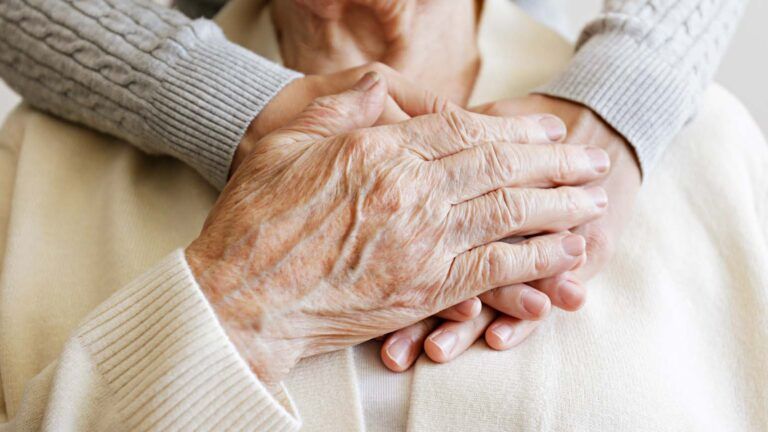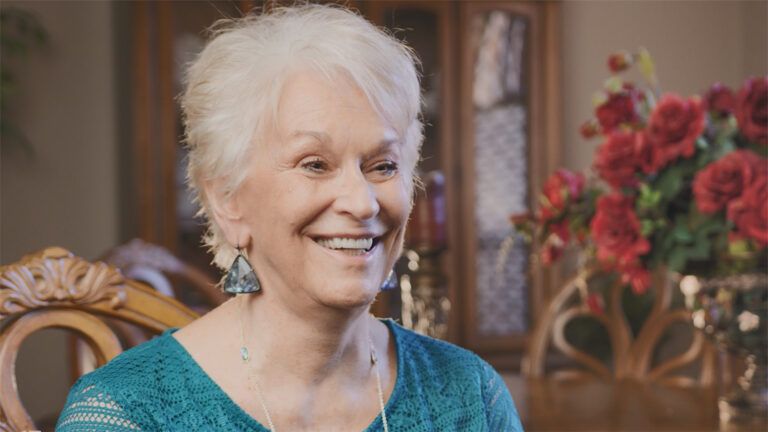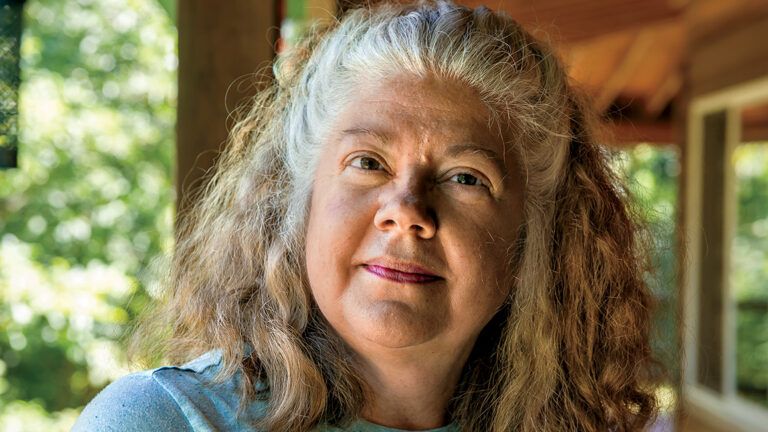My days in retirement had started to blur together. Oh, they were pleasant enough—summer days spent lolling away up at our lake house, puttering on the boat, visiting with our kids and grandkids. But lately I’d felt this grinding sameness. I was growing bored. And to think I’d looked forward to retirement. No boss to answer to. No workaday rat race. I’d had a good career as a plant pathologist for a big agricultural chemical company. My work had helped people. Maybe I got out too early, I thought. Maybe I still have something to give. I felt a dreariness I’d never expected. Once or twice I opened the paper to the want ads. I read them with nostalgia. “Scientist needed. Must be a self-starter.” Too late, I thought. My self-starting days were over.
One day my eye fell on a small ad that said “Be a caregiver.” Just three words. I’d helped nurse both my parents through their final, long illnesses. It had been rough. Not just seeing them become elderly but trying to keep their lives going on a daily basis. Trips to the bank, the pharmacy, the grocery store. I frequently wished I had help. Now I read closer. That’s exactly what this agency, Home Instead Senior Care, was advertising for. People who could help out homebound seniors.
I clipped the ad and put it into my pocket. Maybe it was God saying, “Alec, get a grip. This is what you need.” Oh, yeah? Caregiving is hard work. Why would I want to sit at the bedside of some stranger or run errands for him? I was bored enough doing errands for myself. Yet, despite all my good arguments I called the number. Within a few months I had my first assignment. A marine suffering from terminal cancer (I’ll call him Donnie) needed company and care.
Okay, I’ll give this a try. If you think I was welcomed with open arms, think again. Donnie practically threw me out of his house. “I don’t need anyone’s help,” the old leatherneck snapped. I apologized to his wife, and came back the next day …and the next. If he could be stubborn, so could I. I discovered what he liked was to talk. So I read him the paper and we’d “discuss” politics, the arts, sports. He’d get ornery. That’s when I’d retreat to the kitchen and whip up a batch of his favorite stew. For six months, until he died, I visited him four hours a day, every day. “Where’s Alec?” he always asked his wife toward the end. And mostly I was with him, as much as I could. My days took on a new sense of purpose that retirement had drained from them. It wasn’t so much a second career as a second life. What had been missing was the simple act of helping others.
I’ve had 14 other clients since Donnie, most recently, a prominent oral surgeon. When we first met he was bedridden and so depressed he hardly cared about living. But one thing he loved was cars. “I’ve seen some pretty nice ones outside,” I said, meaning the ones in his garages. Finally I coaxed him into a wheelchair and outside. “Ah,” he said with some surprise, “the fresh air.” I felt I’d won as big a victory as I’d ever won in the lab at work. The funny thing is, what I do for my clients isn’t much different from the mundane chores I did for myself. I run to the post office, make bank deposits, shop at the grocery, do the laundry, cook a dinner. But I do those chores for someone else, and that makes all the difference in the world.
Did you enjoy this story? Subscribe to Guideposts magazine.




